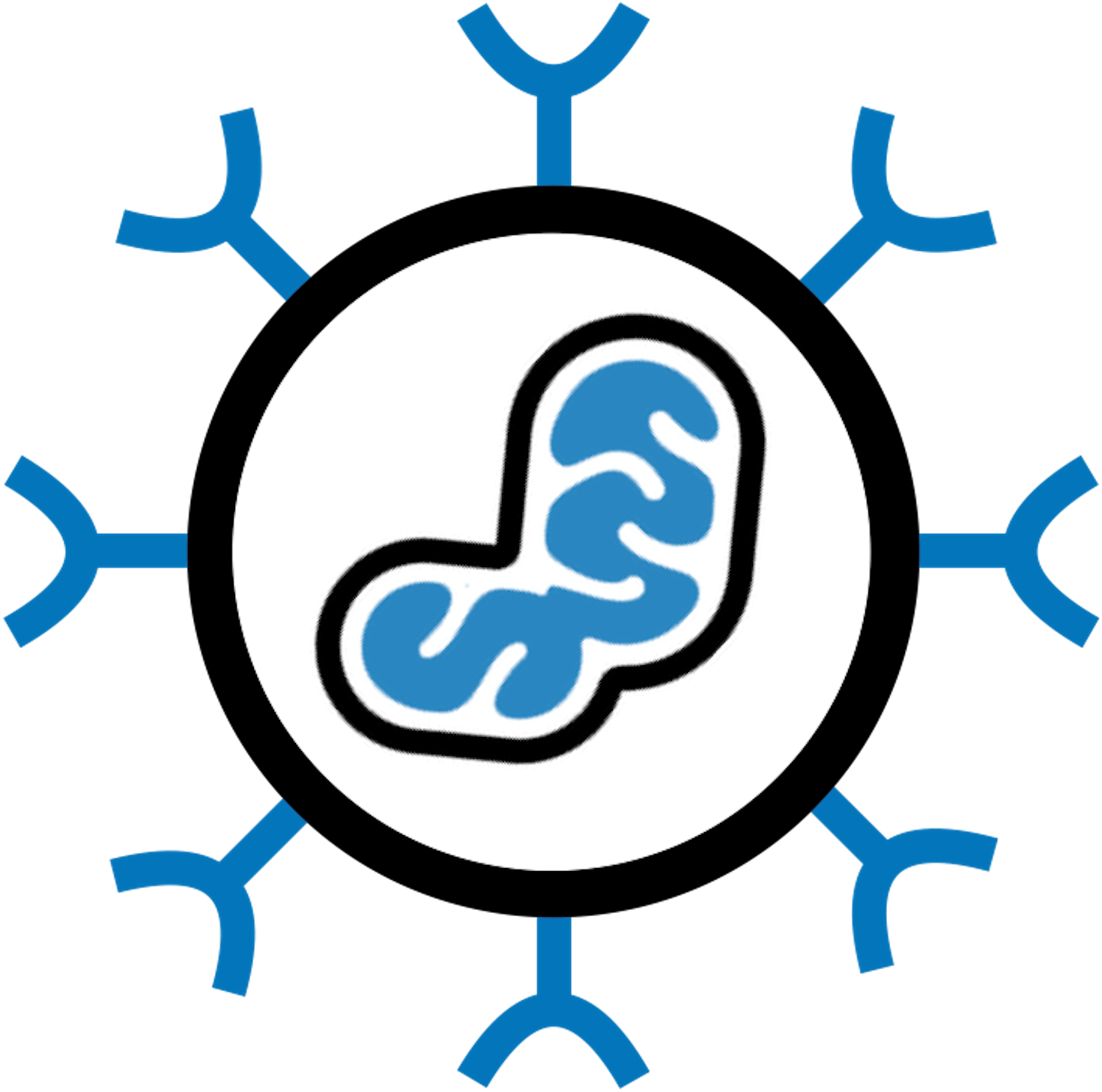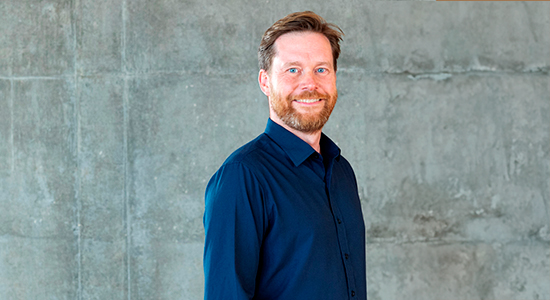Desler Group - Endocrinology and Metabolism
In Desler Group we investigate aging at the molecular level and its link to age-related diseases. This is done using 2D and advanced 3D cell culture models alongside biopsies collected from human cohorts. Our goal is to unveil novel molecular mechanisms in aging, discover robust biomarkers for age-related diseases, and identify potential therapeutic targets.

Aging is not a disease; however, it stands as the most significant risk factor for prevalent diseases in developed countries. Understanding the mechanisms of aging enhances the comprehensions of these diseases, aiding in identifying reliable biomarkers and therapeutic targets. We use approaches at the cellular level to identify and quantify senescence markers, to measure key metabolic factors, and to assess mitochondrial function and nucleotide metabolism to get a deep and thorough understanding of molecular aging.
Recognizing the complexity of aging, we acknowledge that a monodisciplinary approach falls short. Therefore, we actively pursue interdisciplinary collaborations with behavioural scientists, socio-economic scientists, physicians, and clinicians. These collaborations span diverse projects, including immune function, kidney disease, cardiovascular diseases, lung diseases, Alzheimer’s disease, and others.
Senescence:
- SA-beta GAL identification of senescence
- QPCR panel for description of senescence development and SASP initiation
- Description of SASP factors as consequence of senescence
Bioenergetics:
- Mitochondrial activity using XF Seahorse
- Mitochondrial ROS production
- Mitochondrial membrane potential
- Apoptosis / ferroptosis
- Mitophagy / autophagy
Nucleotide metabolism:
- Quantification of dNTPs in pmol quantities
- Determination of nucleotide substrates and products
The Desler Group is coordinating the EU Horizon project POINT (Preventing non-communicable diseases caused by the post-acute phase of COVID-19 infection). This project has received 9 million € in funding. 
In this project we aim to understand and explain the mechanistic link between the post-acute phase (PAP) of COVID-19 and risk of noncommunicable diseases. More specifically, we aim to determine the clinical and biological mechanism behind the increased risk of reduced organ function in pulmonary, cardiovascular, and renal systems associated with the PAP of COVID-19.
Advanced 2D and 3D models representative of lungs, kidneys, and cardiovascular systems will be used to study cell stress, viability, bioenergetics, and cellular senescence utilizing techniques such as flow cytometry, qPCR, microscopy, western blot, CRISPR/Cas9 and more. The mechanistic knowledge will also help us identify drug targets likely to ameliorate the risk associated with the PAP of COVID-19, allowing us to develop a screening platform for the usability of current and future drugs.
The Desler group aims to unravel the regulatory role of mitochondrial function in immune activation and immunosenescence. In elderly, an aging immune system is linked to increased risk of infection, chronic inflammatory disorders, vaccination failure, and reduced ability to remove senescent cells in the organism.
 Furthermore, immunotherapy of cancer is an extremely successful treatment of a long range of cancers, but presence of exhausted / aging immune cells accounts strongly for a reduced probability of success. This aging phenotype of the immune system is in many cases linked to impaired mitochondrial function and oxidative phosphorylation. Modulation of oxidative phosphorylation is therefore a very attractive target for revitalization of exhausted immune cells, used in immunotherapies and to improve the immune system in the elderly.
Furthermore, immunotherapy of cancer is an extremely successful treatment of a long range of cancers, but presence of exhausted / aging immune cells accounts strongly for a reduced probability of success. This aging phenotype of the immune system is in many cases linked to impaired mitochondrial function and oxidative phosphorylation. Modulation of oxidative phosphorylation is therefore a very attractive target for revitalization of exhausted immune cells, used in immunotherapies and to improve the immune system in the elderly.

Group Leader
Claus Desler Madsen
Associate Professor
cdesler@sund.ku.dk
Mobile: +4535327317
ORCID: 0000-0002-0125-004X
Group members
| Name | Title | Phone | |
|---|---|---|---|
| Anne Quistgaard Nissen | Postdoc | ||
| Bruna Zurita Reis | PhD Fellow | +4535325704 | |
| Claus Desler Madsen | Associate Professor | ||
| Helena Borland Madsen | Assistant Professor | ||
| Johannes Rogaard Larsen | Master Student | ||
| Katrine Kielsen | Guest Researcher | ||
| Kristina Djordjevic | PhD Student | ||
| May Sanderhoff | Special Consultant | +4535326576 | |
| Rikke Svejgård Nielsen | Research Assistant | +4535325728 |
